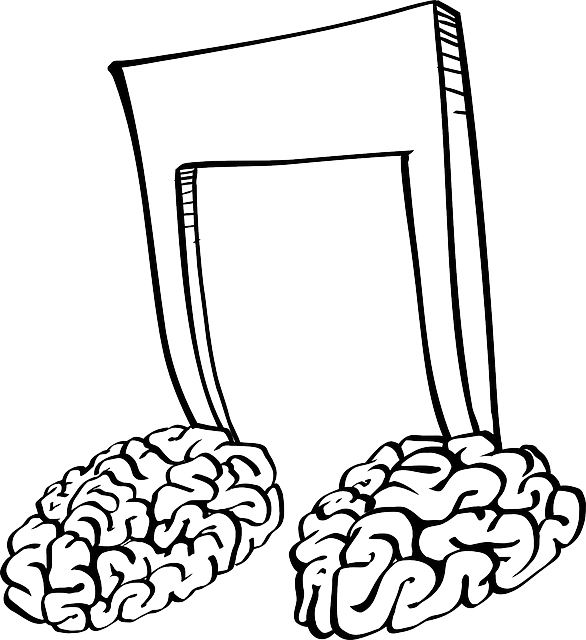This is meant to be the beginning of a series of columns featuring integrating parts of our bodies that regulate everything in our behavior and cognition.

Image CC0 Creative Commons Photo Credits to GDJ on Pixabay
Brain-Deriving Neurotrophic Factor
It happens all the time; you peruse through your friend text, essaying on the modalities through which he managed to get their significant other calling them by surname...an accident. You died. And you think:
It's an hard question to answer, sure, but increasing the presence of the BDNF protein in your organism could've averted your premature demise.
The Brain-Deriving Neurotrophic Factor resides in our central nervous system and peripheral nervous system. Its job is to keep alive existing neurons and makes it so that new ones get properly originated and differentiated.
It sure is fundamental for the proper development of our brain and the senses that capture the informations we feed on.

The lack of BDNF makes us age faster, develop psychiatrical and neurological disorders such as depression, epilepsy, alzheimer's, schizophrenia and so forth and so on.
But there are many things one can do to increase the BDNF protein in one's body.
Today i am going to talk about a specific one which will function as a teaser for the next parts i am going to write on the matter.

Music
How often did you stumble upon parents or educators suggesting them to make their spawnlings listen to Mozart or classical music in general as a mean to increase their cognitive faculties?
In reality this so called Mozart Effect was poorly advertised and while it does promote an increase in intelligence the results are pretty short-lived and only involve spatial memory.
What if i told you it works on you as an adult? The kind of music we listen to has direct physiological impact on our state. Some musics can relax us and others bring agitation. It appears the hippocampus and hypothalamus are deeply affected by music when it comes to positive alteration of presence of BDNF. Enhanced neurogenesis, neuroplasticity, dopamine modulation, ion-channel functions, sleep regulation and many more, having impacts not only in cognition, but also cardiovascular health (which then again increases neurological state)
References:
Neurotrophins: roles in neuronal development and function;
https://www.ncbi.nlm.nih.gov/pubmed/11520916Investigating the neurobiology of music: brain-derived neurotrophic factor modulation in the hippocampus of young adult mice;
https://www.ncbi.nlm.nih.gov/pubmed/17762517Music exposure differentially alters the levels of brain-derived neurotrophic factor and nerve growth factor in the mouse hypothalamus;
https://www.ncbi.nlm.nih.gov/pubmed/17980967Effects of music training on the child's brain and cognitive development;
http://musicianbrain.gottfriedschlaug.org/papers/Schlaug_Music_Child_Brain_NYAS2005.pdfExposure to music and cognitive performance: Tests of children and adults;
https://www.researchgate.net/profile/E_Schellenberg/publication/230746039_Exposure_to_music_and_cognitive_performance_Tests_of_children_and_adults/links/0912f503d5a6035a9a000000.pdf
Stay tuned for a deeper dive into the matter and in how you can be an healthier and happier version of yourself!
— Destrudo
@steem881 you're on the @abusereports naughty list!
If you do not stop, your account will be rendered invisible on Steemit. Bad Steemian! Bad!